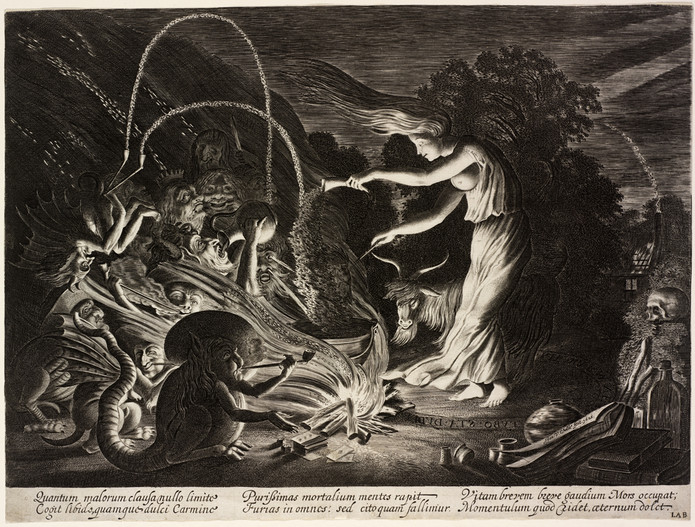
Wofford’s course catalog describes HIST 351 as “[a] study of the intellectual and cultural origins of the European Witch Craze of the sixteenth century. The course will focus on changing views of witchcraft and folk belief during the sixteenth century and examine how attitudes toward witchcraft continued to change throughout the early modern period in the context of the Reformation, Catholic Reformation and Enlightenment.” As its description suggests, HIST 351’s primary historical interest is tracking how European thought about the metaphysical and the occult changed—and did not change—over a 300-year period and how scholars have explained—and debated—what these beliefs tell us about early modern Europe thought, particularly concerning gender norms, religion and The Other. In addition to witchcraft, HIST 351 will also explore popular beliefs about magic in the broadest sense of the term, drawing from folklore studies to consider European beliefs about everything from fairies to vampires, and how these beliefs survived the Enlightenment’s rationalist push to create modern fantasy and horror literature in the nineteenth century.
- Teacher: Dwain Pruitt
